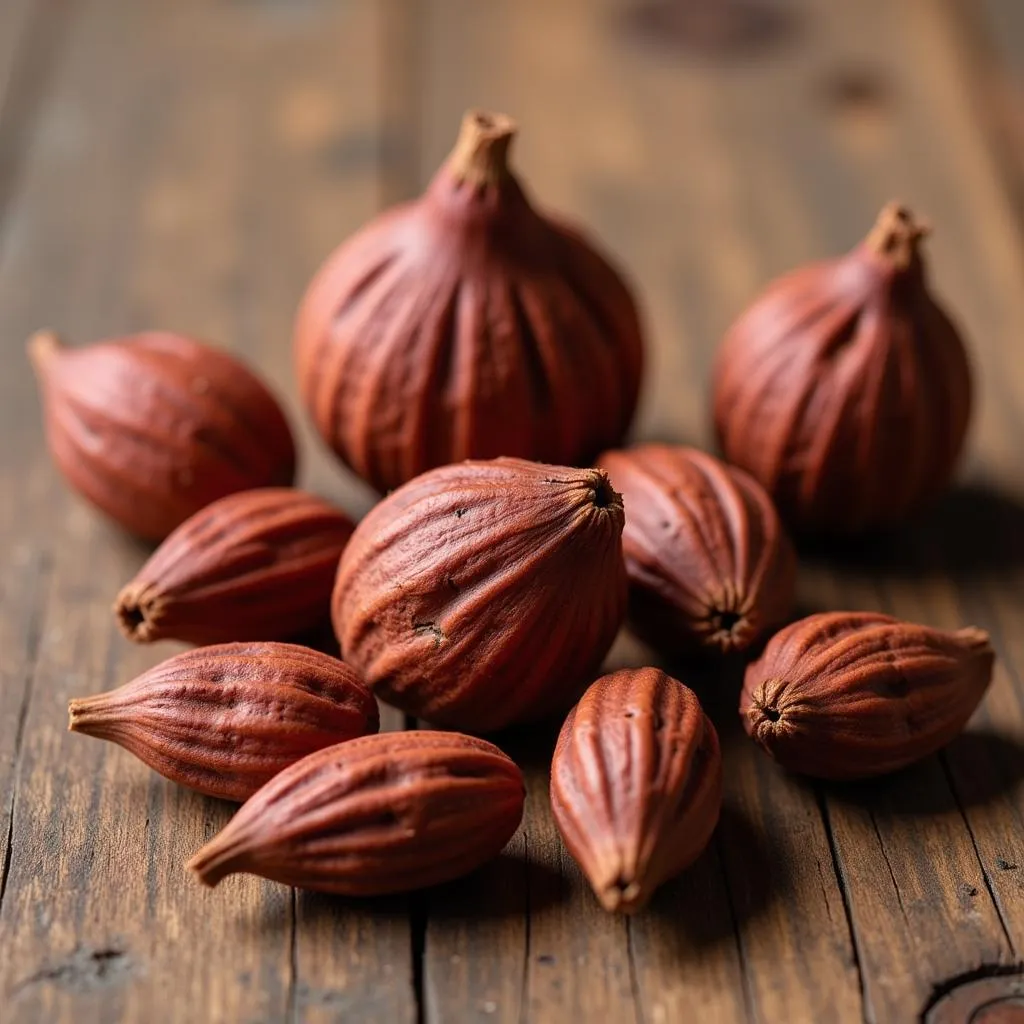African Dwarf Frog Hides All the Time? Understanding Your Pet’s Behavior
If your African Dwarf Frog Hides All The Time, you’re likely concerned about its well-being. This behavior, while sometimes concerning, can often be normal. Understanding why your aquatic pet seeks refuge is key to ensuring a healthy and happy frog. This article will delve into the reasons behind this common behavior and provide insights into creating a comfortable environment for your little amphibian friend.
Why is My African Dwarf Frog Always Hiding?
African dwarf frogs are naturally shy creatures, and hiding is a significant part of their survival instinct in the wild. It serves as a defense mechanism against predators and helps them conserve energy. While a captive environment removes the threat of predators, the instinct to hide remains. So, if your African dwarf frog is frequently tucked away in a plant, under a rock, or behind decorations, it’s not necessarily a cause for alarm. However, excessive hiding can sometimes indicate underlying problems.
Normal Hiding Behavior
It’s perfectly normal for African dwarf frogs to spend a considerable amount of time hiding, especially during the day. They are primarily nocturnal, becoming more active in the evening and at night. They might emerge for short periods to feed or explore, but they will likely retreat to their preferred hiding spots afterward.
Stress and Environmental Factors
Stress is a major contributor to excessive hiding. A newly introduced frog might hide more frequently as it acclimates to its new surroundings. Overcrowding, aggressive tank mates, or a lack of suitable hiding places can also cause stress and lead to increased hiding. Water parameters play a crucial role in a frog’s well-being. Incorrect water temperature, pH levels, or ammonia/nitrite levels can stress the frog and cause it to hide more.
Illness and Injury
While hiding is a natural behavior, it can also be a sign of illness or injury. If your frog is hiding more than usual, coupled with other symptoms like lethargy, loss of appetite, skin discoloration, or unusual swimming patterns, it’s crucial to consult a veterinarian specializing in aquatic animals.
Creating a Comfortable Environment for Your African Dwarf Frog
Providing a comfortable and enriching environment can minimize stress and encourage more natural behavior. Here’s how to create a haven for your little friend:
- Plenty of hiding spots: Offer a variety of hiding places such as caves, rocks, plants (live or artificial), and even floating logs. This allows your frog to choose a spot that feels safe and secure.
- Appropriate tank size: Overcrowding can stress frogs. A 10-gallon tank is suitable for 1-2 frogs, but larger tanks are always better.
- Peaceful tank mates: Avoid housing African dwarf frogs with aggressive fish or other creatures that might see them as food.
- Maintain optimal water parameters: Regularly test and maintain the water temperature between 72-82°F (22-28°C), pH between 6.5-7.5, and ensure ammonia and nitrite levels are at 0 ppm.
- Proper lighting: Avoid overly bright lighting. A dim, subdued environment more closely mimics their natural habitat.
Expert Insights from Dr. Anya Sharma, Aquatic Veterinarian
“African dwarf frogs are fascinating creatures, but their subtle behaviors can be misinterpreted. Providing a suitable habitat that caters to their natural instincts is crucial for their well-being. Don’t be alarmed if your frog hides frequently, but be vigilant for any accompanying changes in behavior or appearance that might signal a problem.”
Conclusion
While seeing your African dwarf frog hides all the time can be concerning, understanding their natural behaviors and providing a suitable environment is key to their happiness and health. By addressing potential stressors and ensuring optimal tank conditions, you can encourage your frog to feel more secure and exhibit a more balanced range of behaviors. If you’re ever in doubt about your frog’s well-being, consult a veterinarian specializing in aquatic animals.
FAQ
- Is it normal for my African dwarf frog to sleep all day? Yes, African dwarf frogs are primarily nocturnal, so sleeping during the day is completely normal.
- How can I tell if my African dwarf frog is stressed? Signs of stress include excessive hiding, lethargy, loss of appetite, and changes in skin color or texture.
- What should I do if my African dwarf frog isn’t eating? Check your water parameters and ensure the food is appropriate for their size. If the problem persists, consult a veterinarian.
- Can African dwarf frogs live with other fish? Yes, but choose peaceful tank mates that won’t harass or try to eat the frogs.
- How often should I clean my African dwarf frog’s tank? Partial water changes should be done weekly, and a full tank cleaning should be done monthly.
- Do African dwarf frogs need a heater? Yes, they need a heater to maintain the water temperature within their preferred range.
- How long can an African dwarf frog stay underwater? They can stay underwater for extended periods, but they need to surface to breathe air.
Need further assistance? Contact us at Phone Number: +255768904061, Email: kaka.mag@gmail.com or visit our address: Mbarali DC Mawindi, Kangaga, Tanzania. We have a 24/7 customer support team.




